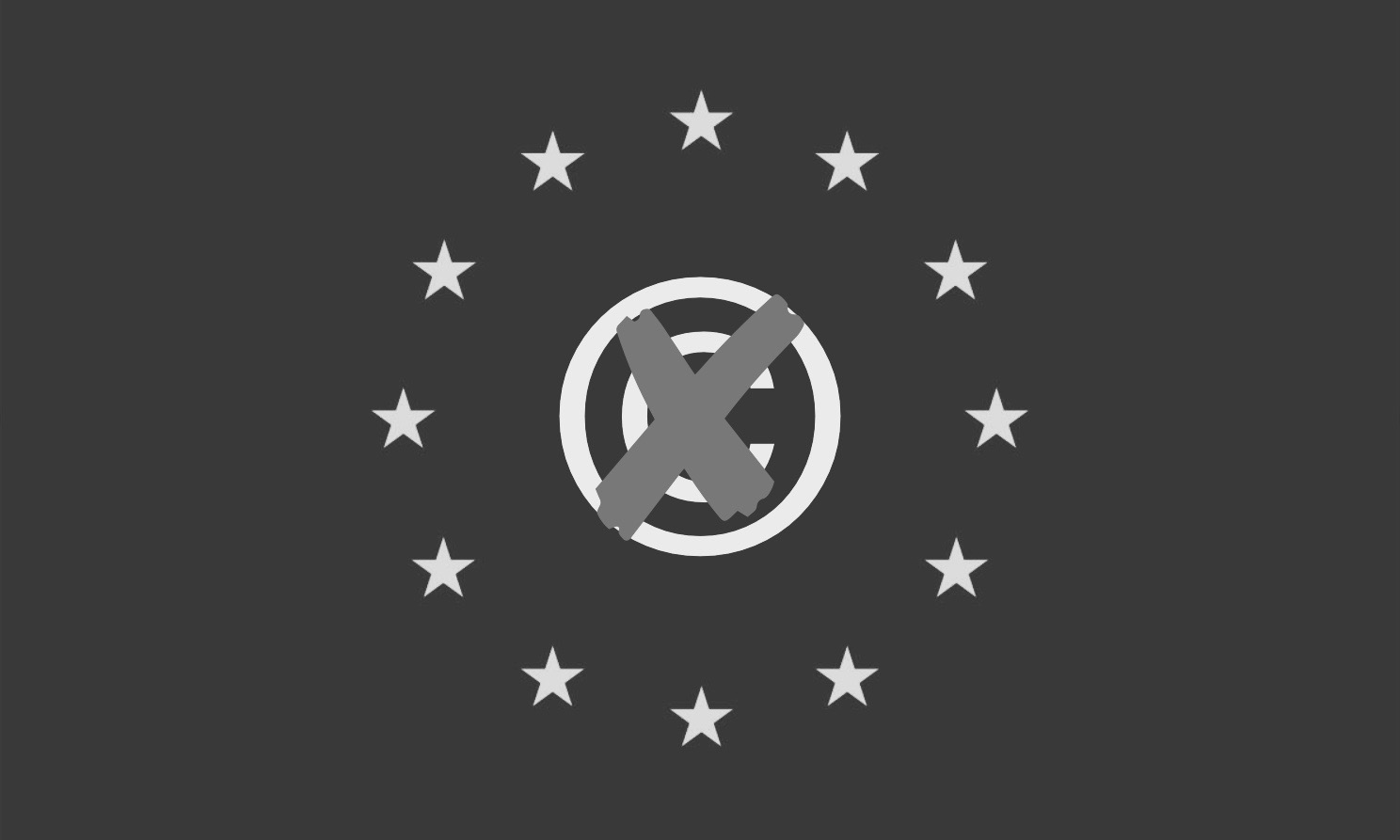11 EU member states reject the compromise Proposal for the Directive
Last week we wrote about the German non-paper and the proposed changes to Article 13 of the Directive on copyright in the Digital Single Market contained therein.
On Friday, it became even more evident that EU member states are not satisfied with the solutions proposed by the Presidency of the Council as 11 member states rejected the compromise text of the Proposal for the directive: Germany, Belgium, the Netherlands, Finland and Slovenia, who already opposed a previous version of the directive, as well as Italy, Poland, Sweden, Croatia, Luxembourg and Portugal. With the exception of Portugal and Croatia, all of these governments are known for thinking that either Article 11 or Article 13, respectively, are insufficiently protective of users’ rights.
This means that the Directive is not likely to be adopted before May 2019, despite the efforts of the Council and the European Parliament to reach a compromise in the next trilogue and to end the negotiations on the text of the Directive. The result of the voting also showed that the calls from the public and stakeholders to a more balanced legislation are being also reflected on a political level.
The Grand Board of the European Union Intellectual Property Office (EUIPO) finally ruled that the figurative sign ‘COVIDIOT’ cannot be registered as an EU trademark.
The 4th Open Knowledge Day took place on Tuesday 17 October 2023, with an accompanying workshop on 18 October 2023. This year it was organised by the Open Data and Intellectual Property Institute (ODIPI) and supported by Knowledge Rights 21 (KR21).
We invite you to the fourth Open Knowledge Day and the workshop, which will take place this year within the framework of the programme and with the support of Knowledge Rights 21. The event will bring together experts from different European countries to discuss two topics: the first part will deal with the legal basis for data analytics, which is a key part of machine learning and related artificial intelligence, and the general exception for research. In the second part, open science in theory and practice will be presented both in Slovenia and in some Western Balkan countries. Representatives of research and educational institutions from Slovenia and the Western Balkan countries, as well as interested members of the public, are invited to attend.
Dr. Maja Bogataj Jančič, a renowned expert in copyright law, has joined the Berkman Klein Center for Internet & Society at Harvard University, where she will serve as an affiliate researcher for the next two years.





